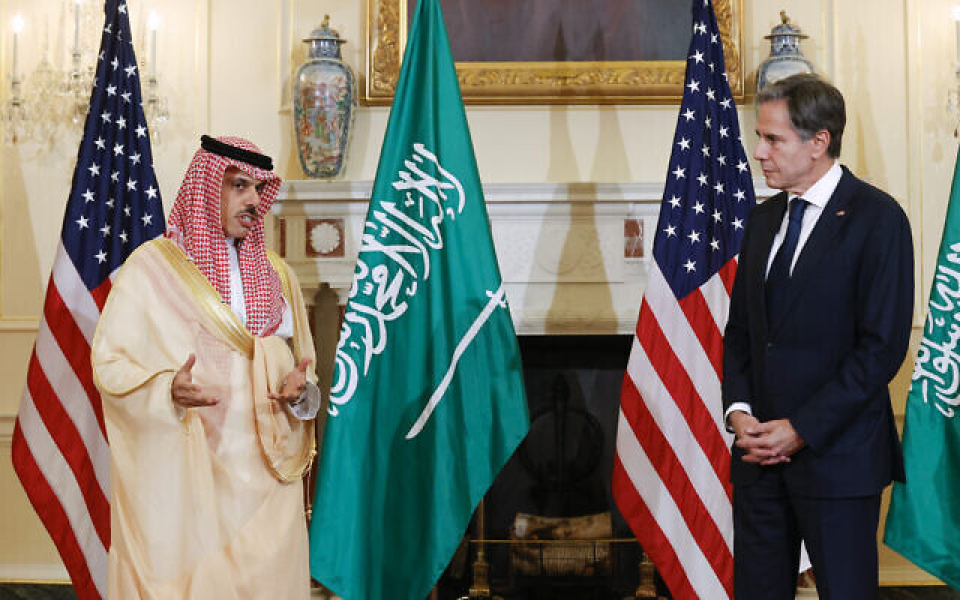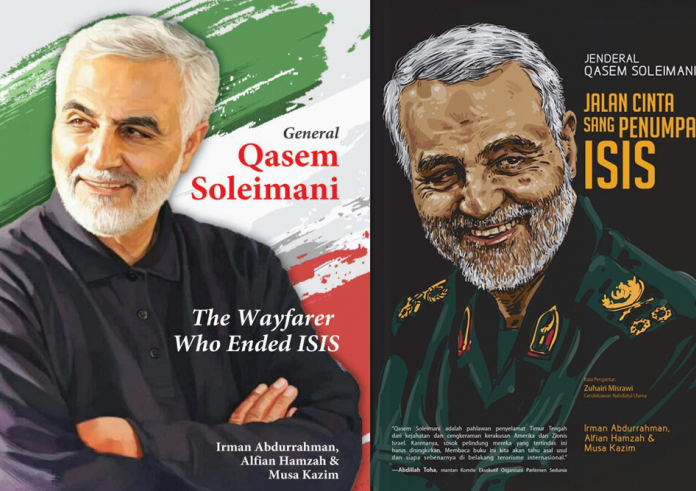As per a report in a Hebrew newspaper, U.S. Secretary of State Antony Blinken has emphasized that Saudi Arabia has communicated to the United States the critical importance of promoting a two-state solution as part of potential normalization discussions involving Saudi Arabia and Israel. Blinken reiterated the Biden administration's stance during an interview on the Pod Save the World podcast, stressing that the expansion of the Abraham Accords should not be seen as a substitute for achieving Israeli-Palestinian peace.
"In our view, any progress should revolve around a two-state solution," Blinken affirmed. "It's evident from our discussions with the Saudis that the Palestinian dimension is crucial for the advancement of the normalization process. This aspect holds significant importance for the Saudis as they consider any potential agreement, and it is equally significant for us."
Addressing inquiries about the Biden administration's efforts to bolster leaders in Israel and Saudi Arabia, despite differences in their records related to democratic principles and human rights, Blinken emphasized the administration's focus on broader objectives.
"Our actions, including this one, are not about specific leaders or governments; they are about the substantive issues and our efforts to promote a more peaceful, prosperous, and opportunity-rich world," Blinken explained. "If we can facilitate normalization between Israel and Saudi Arabia, it would contribute positively to global dynamics. The Middle East has witnessed considerable turmoil since at least 1979, and moving towards moderation and integration would be a profound change for the better – a change not tied to any particular government but to the core interests of the involved nations."
Blinken further emphasized the potential ripple effects of such a normalization: "If the world's leading Muslim country can establish peace with Israel, the benefits would extend far beyond the region."
In essence, Blinken underscored the Biden administration's commitment to pursuing diplomatic initiatives that aim for a more peaceful and interconnected world, irrespective of specific political leadership.

















